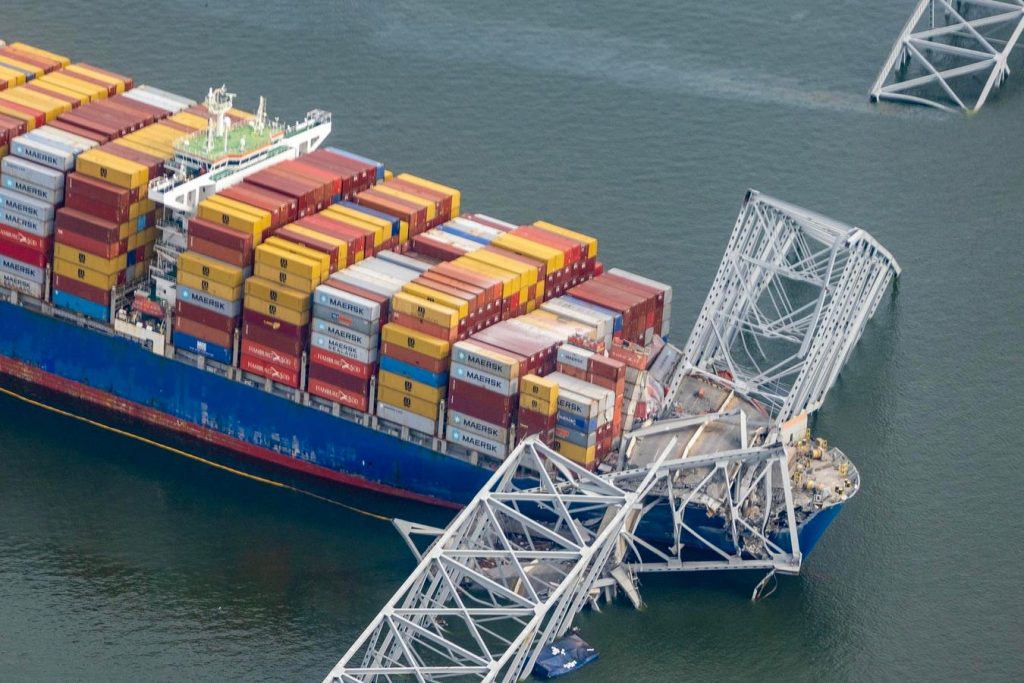The collapse of the Francis Scott Key Bridge in Baltimore has brought to light the critical issue of crumbling infrastructure in America. While the average American may not spend much time thinking about infrastructure, the implications of its failure can be enormous. Manufacturers are particularly impacted by infrastructure problems, as supply chains rely on reliable transportation routes and resources. The collapse of the bridge has highlighted the urgent need for action to prevent further failures in the future.
The cost of replacing the bridge could be anywhere from $1 billion to $5 billion, a significant burden on taxpayers. The impact of the collapse extends beyond just the financial cost, as the Port of Baltimore is a significant hub for U.S. imports and exports. The disruption caused by the collapse has ripple effects throughout the country, impacting thousands of jobs and businesses that rely on the port for their operations.
The importance of east coast ports has been on the rise as the U.S. seeks to reduce reliance on trade with China. However, infrastructure concerns are not a new issue and will only become more common if not addressed soon. Nearly one in 10 of the country’s bridges are already significantly compromised, and the rate of deterioration is outpacing renovation projects and funding. Without increased investment in infrastructure, the risk of more catastrophic failures will continue to grow.
In addition to bridges, the U.S. electrical grid and water infrastructure are also cause for concern. The underlying infrastructure that supports electric vehicles and water-intensive manufacturers is aged and at risk of capacity overload. Manufacturers are increasingly lobbying for change to ensure reliable and accessible resources for their operations. The stakes are high, as faulty infrastructure can lead to significant losses and disruptions in water and electricity supply.
The Bipartisan Infrastructure Law passed in 2021 is a step in the right direction, providing much-needed funding for infrastructure repair and improvement. However, more funding will be necessary to address the widespread issues facing America’s infrastructure. Manufacturers need to be proactive in assessing their supply chains and advocating for funding to fix infrastructure problems before they lead to more severe disruptions.
Ultimately, the collapse of the Francis Scott Key Bridge serves as a wake-up call for America to prioritize infrastructure investment. The consequences of failing to address infrastructure issues are far-reaching and can have detrimental effects on the economy and businesses across the country. Manufacturers must work together to advocate for change and ensure that the infrastructure supporting their operations is secure and reliable.


